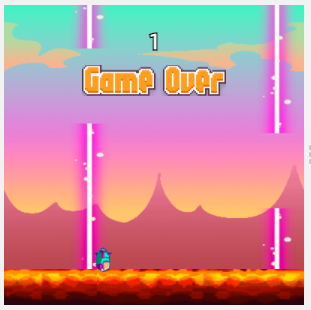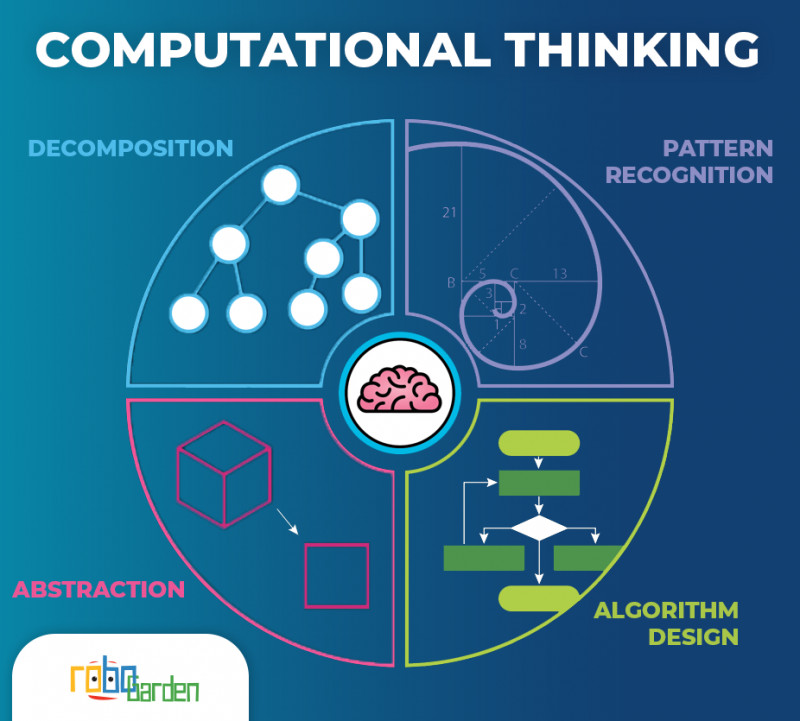Check out my version of the game Flappy Bird @ https://studio.code.org/c/1596835597

Computational Thinking allows us to take a difficult problem, understand what the problem is, and develop solutions to solve it. The solution is presented in a way that both humans and computers can understand. There are four parts to computational thinking;
- Decomposition – breaking down the problem into smaller to handle pieces
2. Pattern Recognition – looking for/finding similarities within the problem and among multiple problems
3. Abstraction – disregarding irrelevant information/details
4. Algorithms – developing or following a step-by-step solution to the problem

I think computational thinking can certainly make learners better problem solvers. Considering the parts of computational thinking, listed above, they are very similar to critical thinking skills. Regardless of the individual, the steps of computational thinking are easy to follow and break down a problem into manageable pieces. The process can be used by both teachers and students to learn new information, reform old information, and develop opinions. Computational thinking also encourages innovation and creativity. It teaches us how to take existing ideas and connect or enhance them in new ways. By learning how to problem solve using computational thinking students can develop skills for solving complex problems in the modern world.
“Inquiry-based learning is more than asking a student what he or she wants to know. It’s about triggering curiosity. And activating a student’s curiosity is, I would argue, a far more important and complex goal than mere information delivery.” – Heather Wolpert-Gawron
Considering the inquiry-based approach many educators are taking in the classroom I certainly think computational thinking has a place in any grade in BC. Inquiry-based problems and learning are based on thinking critically and problem-solving so learning computational thinking skills would be beneficial for students from a young age. Specifically, I feel it would be beneficial for all students to learn decomposition and abstraction skills to help with their abilities to solve problems both in school and in their future careers.
Leave a Reply
You must be logged in to post a comment.